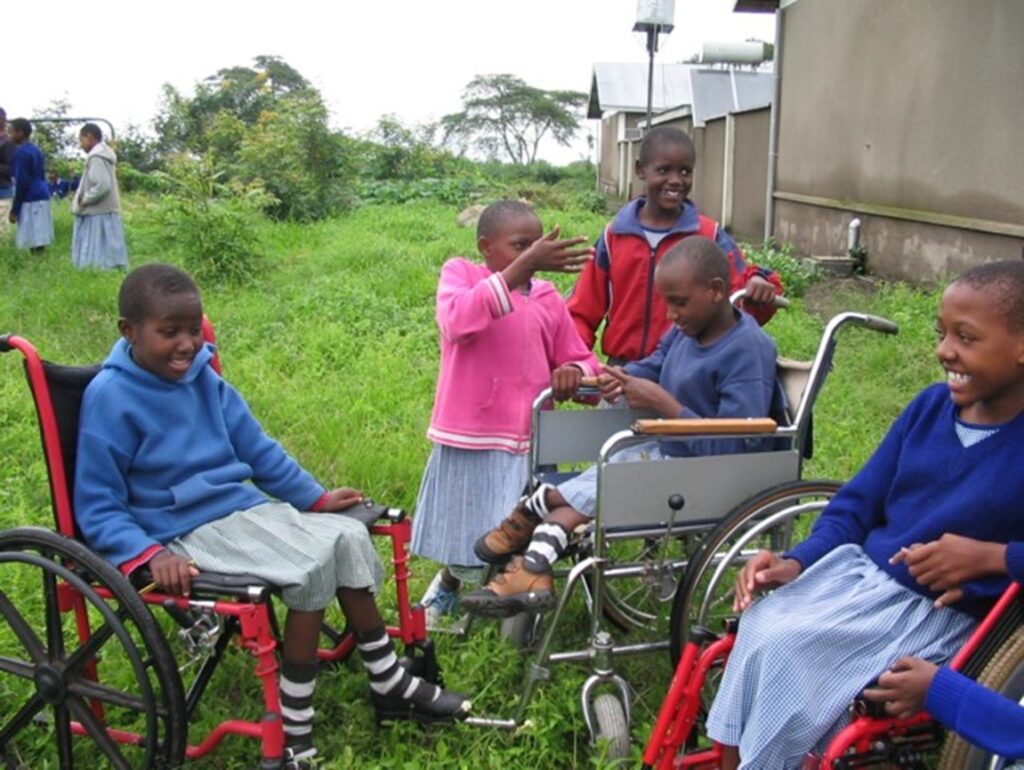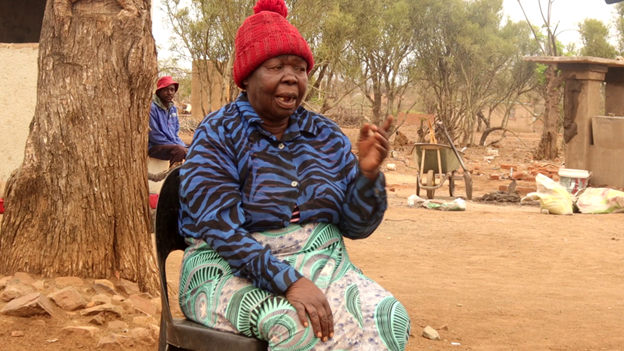
Enhancing Disability-Inclusive Disaster Risk Reduction Capacities and Strengthening Resilience Against Climate-Related Disasters
The Enhancing Disability-Inclusive Disaster Risk Reduction Capacities and Strengthening Resilience Against Climate-Related Disasters in Zimbabwe project, funded by BMZ through Christian Blind Mission International, addresses issues such as social isolation, stigma, and mental health challenges faced by persons with disabilities. These individuals often experience increased stress and trauma due to recurrent disasters, leading to heightened vulnerability. REPSSI, in partnership with FODPZ, provides psychosocial support to improve emotional well-being and strengthen resilience. The project, implemented in Muzarabani District, aims to build inclusive disaster preparedness and recovery strategies, enhancing community resilience to climate-related hazards.
OUR PROGRAMMING
The purpose of the Enhancing Disability-Inclusive Disaster Risk Reduction Capacities and Strengthening Resilience Against Climate-Related Disasters in Zimbabwe project is to integrate persons with disabilities into disaster risk reduction and climate change adaptation strategies. The aim is to improve their resilience to climate-related hazards. The goal is to reduce the risks faced by persons with disabilities during disasters through inclusive policies and practices. The project’s objective is to strengthen community capacity, promote inclusion, and ensure that vulnerable groups can adapt and recover from climate-related disasters.

Project Approach
The project uses a participatory, inclusive approach to disaster risk reduction and climate change adaptation. It engages persons with disabilities and their communities in building resilience through capacity-building activities, such as training in climate-smart agriculture and establishing disability-inclusive disaster risk reduction committees. The approach also emphasizes advocacy, raising awareness on disability inclusion at local, national, and regional levels. By integrating persons with disabilities into decision-making processes and ensuring access to psychosocial support, the project fosters greater community resilience to climate-related hazards.

Capacity Building
The project built the capacity of key stakeholders, including local organizations, government bodies, and disability groups, through comprehensive training and knowledge-sharing. Stakeholders receive training on inclusive disaster risk reduction, climate-smart agriculture, and disability-inclusive practices. This empowers them to implement effective, inclusive interventions tailored to the needs of persons with disabilities and vulnerable groups.
Additionally, the project strengthens local disaster risk reduction committees and enhances the skills of organizations of persons with disabilities (OPDs) to advocate for policy change and influence regional processes on disaster preparedness and climate change adaptation.
Intervention
The project uses interventions like inclusive disaster risk reduction training, climate-smart agriculture demonstrations, and the creation of disability-inclusive DRR committees.
Beneficiaries have shared positive feedback, with one participant saying, “I never thought I would be involved in community decisions. Now, I feel valued and heard.” Another beneficiary commented, “The training on climate-smart agriculture has improved my farming. I can now grow more food despite the drought.” Overall, beneficiaries express gratitude, highlighting the increased inclusion, empowerment, and support they receive through the project’s activities.
What we are learning
As we implement the project, we are learning the importance of community engagement and the need for continuous advocacy. One team member noted, “Involving persons with disabilities in decision-making has shown us how much they can contribute.” Beneficiaries also highlight the value of practical training, with one participant saying, “The climate-smart agriculture training has been a game-changer for me.” Additionally, we’ve learned that addressing mental health is crucial, as another beneficiary shared, “The psychosocial support has helped me cope with the stress from disasters.” These insights guide our ongoing efforts to improve project outcomes.
Monitoring and evaluation
Advocacy in this project focuses on raising awareness about the inclusion of persons with disabilities in disaster risk reduction (DRR) and climate change adaptation strategies. Through partnerships with Organizations of Persons with Disabilities (OPDs), the project advocates for policy changes at the local, national, and regional levels. It promotes the integration of disability-inclusive practices in disaster preparedness, response, and recovery processes. OPDs have actively led awareness campaigns, changing community perceptions about the role of persons with disabilities in DRR. Additionally, the project lobbies for legal and policy reforms, ensuring disability inclusion is mainstreamed in disaster management frameworks.
